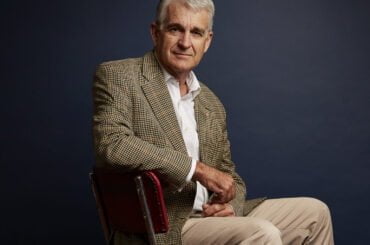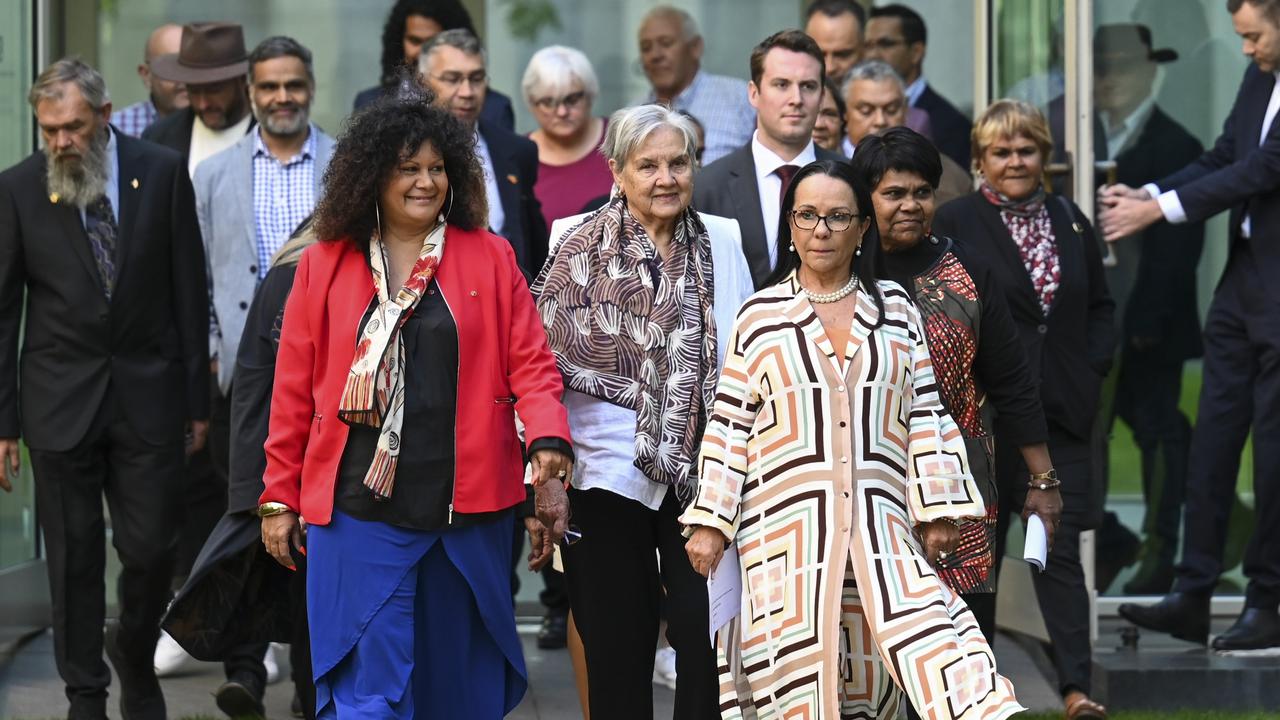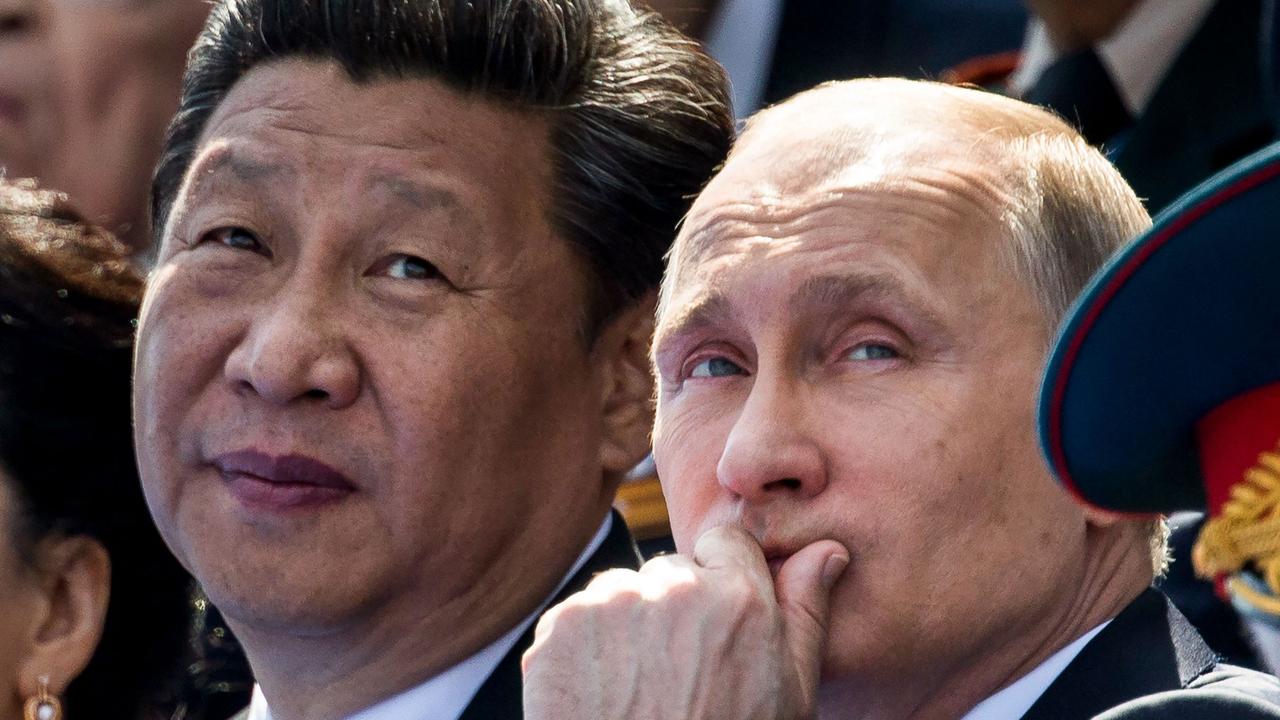
Look for the righteous mind in your foe and we may avoid disaster
Look at Western Europe and North America today and we see an exponential explosion in political animosity, even — as Greg Sheridan pointed out on this page yesterday — hatred.
Western societies seem to be at war with one another to the extent that it would be easy to conclude that we are intent on tearing ourselves apart from within.
The recent US presidential election was more personal and vitriolic than previous campaigns, and it has left an increasingly polarised nation in its wake.
Trump supporters and their opponents have been engaged in pitched street battles, and now we’ve seen blood shed at a baseball game. It isn’t just hyperbole to draw comparisons with the streets of Paris in 1789 or St Petersburg in 1917.
And things aren’t any better in Europe. Intractable ideologues on the right and the left are increasingly influential across the continent, with a far-right leader in The Netherlands holding considerable influence and Marine Le Pen, one-time darling of the far-right, performing strongly in the presidential election in France. In Britain, the Labour Party went into the recent general election led by Jeremy Corbyn, a man who is on record refusing to disclaim himself as a Marxist, and he has emerged as a perceived winner.
Perhaps we are a little behind the curve in Australia, but if we want to see where we’re headed a quick glance at the international headlines will suffice.
We don’t have to search long for evidence that we’re on the same trajectory. Perennial leadership catastrophes continue to undermine the two major parties; The Greens on the left, moving further left, and One Nation on the right claim growing support, each with scant regard for centrist compromise; and breakaways, offshoots, mergers and radical independents are more in the news than ever.
It’s an ominous prospect. Last month I met a remarkable man who has been unpacking this very dangerous polarisation and truncating of mature, reasoned debate, and proposing some useful ways forward. We will hear much more, I’m sure, of Jonathan Haidt in this country as he is increasingly becoming recognised as a beacon of reasonableness in the US.
He is a social psychologist and the professor of ethical leadership at New York University. His groundbreaking work, The Righteous Mind, identifies that all of us build our political outlook on six moral foundations.
All people have some innate consciousness of each of these moral dimensions. These foundations are: care/harm; liberty/oppression; fairness/cheating; loyalty/betrayal; authority/subversion; and sanctity /degradation. His research reveals that so-called progressives on the left and conservatives on the right build their political world views with a very different mix of emphasis on each of the different foundations. This is why people from opposing ends of the political spectrum are at such odds with one another — they live in different moral universes. It need hardly be pointed out that this lies at the heart of the very dangerous breaking down of harmony in Western societies.
Haidt came from the left and does not identify as a conservative today. Yet his research clearly shows that while conservatives build their moral politics on all six foundations relatively equally, “progressives” focus overwhelmingly on the care, liberty and fairness foundations only. I have observed that “progressives” often even view the other three foundations as immoral, so that loyalty becomes racist nationalism, authority is about oppression and sanctity is an expression of bigoted judgmentalism.
Haidt’s work, however, surely suggests that careful weighting of all six moral foundations is important, and that if we try to build on only one or two, care and fairness, then we are bound to give rise to all sorts of unintended consequences, no matter how noble our original intentions may be.
His thesis is hugely important for all kinds of reasons, not least because it demonstrates to those with strong political views that their opponents may well be motivated by sincere moral imperatives, no matter how strongly we may disagree with them. Conservatives may look at progressives and despair at their apparent cultural vandalism and contempt for sacred traditions, but Haidt reminds us that they are motivated by a commendable desire to protect the oppressed and liberate victims. Progressives can’t fathom why conservatives fail to see that their perceived obsession with heritage is harmful to a particular group, while failing to recognise that in fact conservatives are motivated by a much broader set of moral considerations aimed at wider social harmony.
Next time we are tempted to dismiss our political opponents as evil ideologues, then, on whichever side of the debate we are on, we would do well to remind ourselves of Haidt’s invaluable insights. If more of us can do that we may just avert a political catastrophe from which it could take decades to recover.
John Anderson was deputy prime minister of Australia from 1999 to 2005.
(This is the first of two articles. Next Friday’s will examine Haidt’s research into the dangerous political homogeny of contemporary Western universities.)
Originally published in The Australian
Original Article






